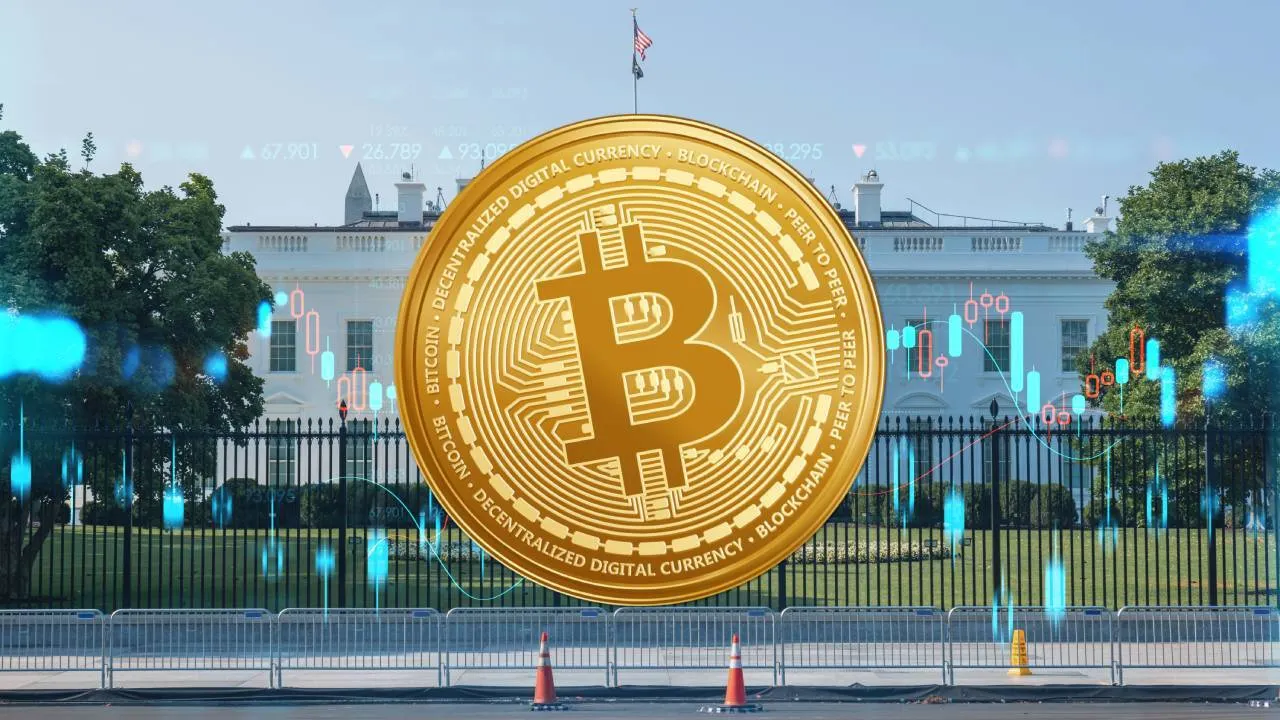Some countries are mulling a national Bitcoin reserve amid a historic market run-up that has pushed the world’s largest cryptocurrency to new heights in recent weeks, with BTC topping $100,000 for the first time earlier this month.
United States President-elect Donald Trump and his allies have repeatedly thrown their support behind a bill to stock the Federal Reserve with the asset, and will soon be in position to potentially make that a reality.
Government officials in Brazil have also put forth legislation to realize that possibility, while politicians in Poland and Russia have endorsed the idea of adding the digital currency to their nations’ balance sheets.
El Salvador led the charge on this front, making Bitcoin legal tender while gradually amassing BTC for its own reserve starting in 2021—and now President Bukele is taking a victory lap.
While it's unclear whether other countries will actually stockpile Bitcoin anytime soon, one thing is obvious: Interest in holding the token as a reserve asset has reached a fever pitch. Here's who is considering a national Bitcoin reserve.
United States
Several U.S. lawmakers have made pushes to establish a strategic Bitcoin reserve.
Senator Cynthia Lummis of Wyoming last spring unveiled a bill called the “Bitcoin Act” that calls for the U.S. to acquire as much as 200,000 Bitcoin annually over a five-year period, or up 5% of the token's total supply.
The Bitcoin would be kept in a "decentralized network of secure Bitcoin vaults operated by the United States Department of Treasury,” with token acquisitions being accomplished through a diversification of existing Federal Reserve funds such as bonds, loans and gold.
President-elect Donald Trump similarly endorsed a “strategic Bitcoin stockpile” last July at BTC 2024 in Nashville—one of many such crypto-related promises that he'll be expected to honor once in office.
“It will be the policy of my administration…to keep 100% of all the Bitcoin the U.S. government currently holds or acquires into the future,” Trump said at the event.
At the state level, efforts to create Bitcoin reserves are also underway.
A Texas lawmaker put forth a bill last week that would order the state to create a Bitcoin stash, with funds in the reserve being held for at least five years. Meanwhile, a similar bill was proposed in Pennsylvania in November.
Brazil
Brazil's government has proposed a bill that would green-light a national Bitcoin reserve.
The Sovereign Strategic Reserve of Bitcoins (RESBit) would account for 5% of Brazil’s international reserves, according to the proposed legislation, filed on November 25. It aims to diversify the Brazilian Treasury’s assets.
Incorporating Bitcoin into the Treasury “will reduce Brazil's exposure to exchange rate fluctuations and geopolitical risks, increasing economic resilience,” Federal Deputy Eros Biondini said in the proposed bill.
Under the proposal, Brazil’s Central Bank would manage the Bitcoin reserve in partnership with the Ministry of Finance. Those funds would be used to back Brazil’s CBDC, called Drex. The Bitcoin would be stored in cold wallets, according to the bill.
Poland
Polish presidential candidate Sławomir Mentzen has advocated for the creation of a strategic Bitcoin reserve, as well as for the passing of crypto-friendly laws and regulations in Poland.
“If I become the President of Poland, our country will become a cryptocurrency haven, with very friendly regulations, low taxes, and a supportive approach from banks and regulators,” Mentzen said in a recent post on X (formerly known as Twitter).
“It is high time Polish politicians also look to the future,” the politician said in another X post.
The far-right nationalist candidate is running third in the polls in the Eastern European country. It is unclear if Mentzen's political opponents also support the creation of a strategic Bitcoin reserve.
Russia
In December, Russian parliament deputy Anton Tkachev proposed creating a national Bitcoin reserve, state-news agency Ria reported.
The push came after several Russian legislators in November suggested creating a “stash of” crypto in “the state Treasury,” despite opposition from Russian State Duma Committee Chairman Anatoly Aksakov.
They also succeeded in passing legislation legalizing crypto mining and the use of digital assets for international payments this fall.
Russia’s recent change of tune on crypto suggests the Eastern European country could revisit the issue of a strategic Bitcoin reserve, which at least one of its top officials has previously expressed support for.
In a 2021 interview with Russian news outlet Interfax, Deputy Minister Foreign Affairs Minister Alexander Pankin expressed an openness to partially replacing the country's U.S. dollar-backed reserves and trade settlements with other currencies, including cryptocurrencies.
Russia could replace U.S. dollars with various national currencies as well as “in the future, probably…some kind of digital assets,” Pankin told the outlet.
Japan
Japanese lawmaker Satoshi Hamada submitted a formal request to his nation's legislature in December to initiate a discussion about creating a national Bitcoin reserve for Japan.
Hamada's party holds just two seats in Japan's National Diet, however there are other Bitcoin backers in the legislature—in October, Democratic Party for the People leader Yuichiro Tamaki proposed tax cuts and regulatory reform for crypto holders and companies alike in Japan.
Edited by Andrew Hayward and Sebastian Sinclair
Editor's note: This story was originally published on November 30, 2024. It was last updated with new details on December 15.

